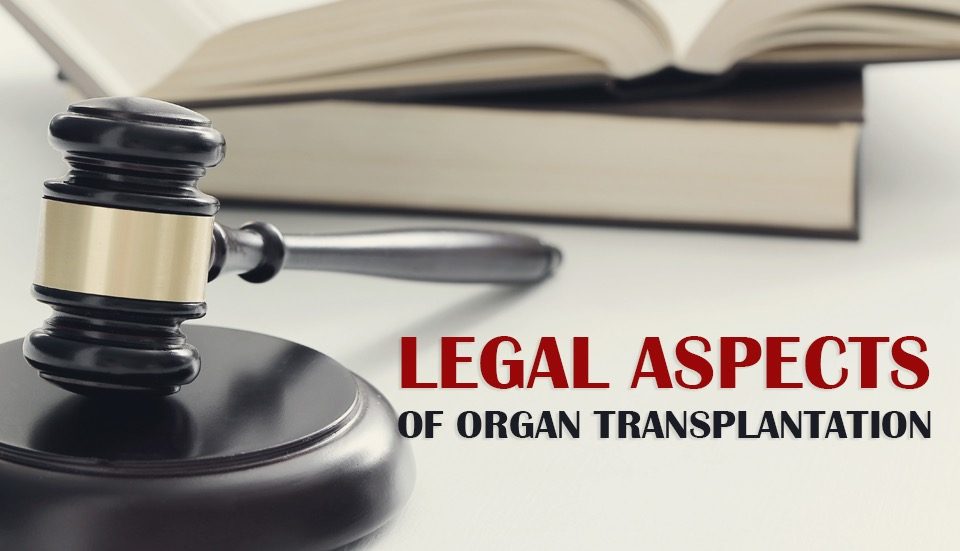THOTA – The Transplantation of Human Organs and Tissues Act
The Transplantation of Human Organ Act (THOA) was passed in India in 1994 and rules were framed in 1995 to protect the integrity of Organ Donation by establishing brain death as a form of death and restricting the commercial benefits done by illegal activities. The act regulates the live donor transplant and cadaver transplant, hospitals, medical practitioners and punishment for breaching the act.
The amendment of the act The Transplantation of Human Organs and Tissues Act (THOTA) was passed by the parliament in 2011 and rules were framed in 2014 constructing a strong advisory and regulatory committee.
- Brain death is identified as the form of death, as defined by Form 10.
- Section 3 of the Act governs cadaver donation by giving authority to a person for consenting organ donation in presence of two witnesses by medium of Form 7. Such authorisation can now be made on the driving licence.
- According to the Section 3(6) of the Act, the donation requires a certificate of brain-stem death from a board of medical experts.
- Section 9 of the Act governs the live organ transplant by relatives by the medium of Form 1 or 2 and Form 11 as well as the unrelated ones.
- Section 2(i) governs the provisions for near relative organ donations in the live transplants.
- Many states require NOC or special approvals for transplants if the recipient is not a domicile of that particular state.
- In the case of un-related donor the Form 3 along Form 11 needs to be submitted to the hospital authorisation committee.
- Section 10 and 14 bars the hospital which are not registered under the act to not perform any action related to the human organ transplantation.
- It governs the authorisation process of un-claimed bodies.
- Also, in is made mandatory that the doctor incharge of the ICU after demise of the consented or non-consented potential organ donor shall ask relatives for consent.
- Cost of the whole process to be borne by the recipient family.
- Total of 21 Forms are present under the Act that are mandated for the whole procedure varying case to case.
Punishment and Penalties
- Section 18 of the Act penalises the removal of organs by any individual without authority and making a person liable for 10 years of imprisonment or a fine that may extend to INR 20 lakhs.
- Section 19 of the Act penalises the commercial dealings of human organs. Any such offences are subject to the imprisonment not less than 5 years subject to extension for 10 years or a fine of INR 20 lakhs which may extend to INR 1 crore.
- Any person who hinders the prohibition of offences is liable for the minimum imprisonment of 5 years or a fine that may extend to INR 20 lakhs.
The views and opinions expressed, and assumptions & analysis presented in this content piece are those of the author(s) and do not necessarily reflect the official policy or position of any other agency, organization, employer or company. The information, including but not limited to, text, graphics, images and other material contained on this website are for informational purposes only. The purpose of this website is to promote broad consumer understanding and knowledge of various health topics. It is not intended to be a substitute for professional medical advice, diagnosis or treatment. Always seek the advice of your physician or other qualified health care provider with any questions you may have regarding a medical condition or treatment and before undertaking a new health care regimen, and never disregard professional medical advice or delay in seeking it because of something you have read on this website




